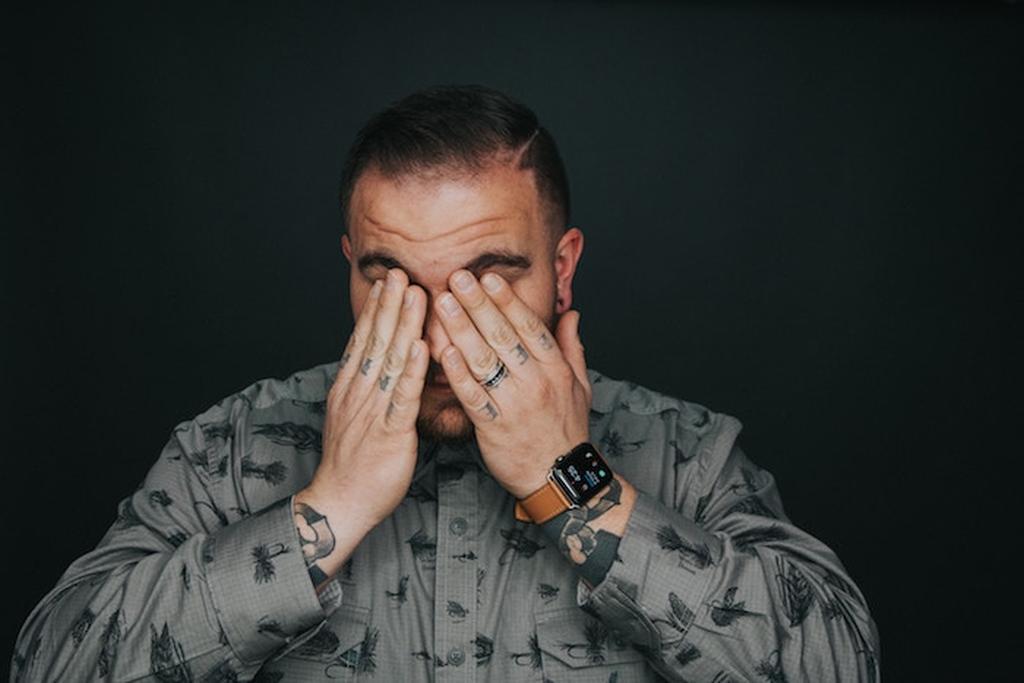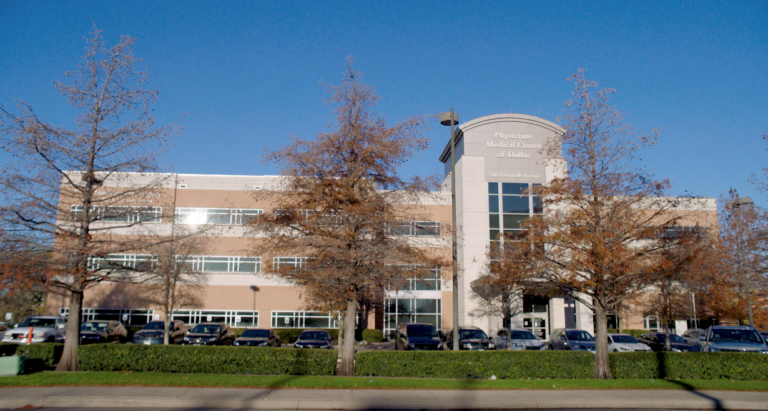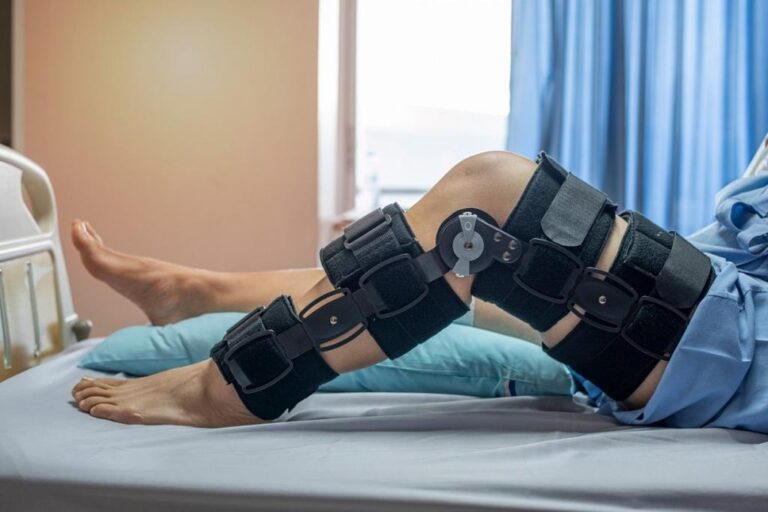A concussion can be a serious injury. It’s a type of brain injury called a traumatic brain injury. If you play sports, especially contact sports, you’re at a higher risk of sustaining a concussion. According to the CDC, up to 3.8 million sports and recreation-related concussions are reported every year.
Although the risk of experiencing a concussion is higher if you play sports, anyone can experience one. Concussions are caused by a blow to the head or a violent shaking of the head or upper body.
While in some cases, you’ll know pretty quickly whether you’ve had a concussion or not, but in other cases, signs may not be apparent for an hour, a day, or even a week – and they can be subtle and hard to spot. Our expert orthopaedic surgeons at Texas Orthopaedic Associates share what you need to know about concussions so that you can get the treatment you need.
How does a concussion affect your brain?
Your skull protects your brain. When your head is hit or shaken violently, your brain gets jostled and pushed against the inside of your skull. The result can be a bruised brain that doesn’t function properly, at least for a short period. Some people lose consciousness from the blow, while others just feel out of sorts or dizzy.
The shaking of your brain also causes your neurons to stretch and sometimes break or damage brain cells. Usually, concussions are not life threatening, but they can impact your brain functioning, and therefore your life, if not appropriately treated and monitored.
Symptoms of a concussion
If you pass out after getting hit in the head, you’ll likely be evaluated for a concussion. But oftentimes the symptoms don’t come on immediately and can be hard to detect. Common symptoms that are more obvious include headaches, confusion, dizziness, and memory loss.
Other symptoms include:
- Nausea and vomiting
- Blurry vision
- Fatigue
- Ringing in the ears
- Slow or clumsy movements
Sometimes dizziness or a headache come on immediately after the injury but subside shortly after. Then new symptoms show up later, such as memory loss or vomiting. It’s essential for someone to keep an eye on you or keep an eye on your child after a head impact. If symptoms get worse or don’t go away, seek medical care.
If you think you or a loved one has a concussion, contact Texas Orthopaedic Associates to get advice on what to do. To schedule an appointment, you can call one of our offices in Dallas, Plano, or Fort Worth, or use the online booking feature here on the website.













